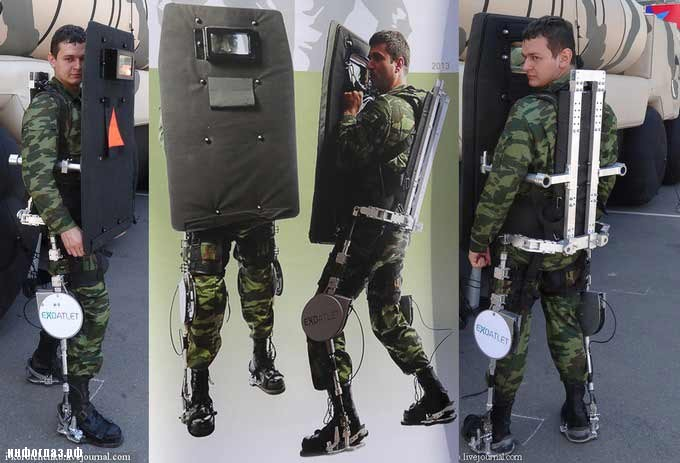|
Distributed ledger technology (DLT) has emerged as a groundbreaking innovation that has the potential to revolutionize various industries. This technology, often referred to as blockchain, offers a decentralized and transparent system for recording and verifying transactions and information. At its core, DLT is a type of database that is shared across multiple computers, known as nodes, rather than being stored in a centralized location. Each node in the network maintains a copy of the entire ledger, ensuring that the data remains consistent and tamper-proof. This distributed nature eliminates the need for intermediaries, such as banks or clearinghouses, in financial transactions, making processes more efficient and reducing costs. One of the most significant advantages of DLT is its immutability. Once a transaction is recorded on the ledger, it cannot be altered or deleted without the consensus of the network. This feature enhances trust and security, making DLT particularly valuable in industries where data integrity is critical, such as supply chain management, healthcare, and voting systems. DLT has gained prominence primarily due to its successful implementation in cryptocurrencies like Bitcoin and Ethereum. However, its applications extend far beyond digital currencies. For instance, DLT can enable smart contracts, which are self-executing agreements with predefined conditions. These contracts are automatically enforced when the specified conditions are met, eliminating the need for intermediaries and potential disputes. Another area where DLT shows immense promise is in supply chain management. By leveraging blockchain technology, companies can track the movement of goods from their origin to destination, ensuring transparency and authenticity. This can help eliminate fraudulent activities, reduce counterfeiting, and enhance consumer trust in the products they purchase. Furthermore, DLT can revolutionize the healthcare industry by securely storing patient records and enabling interoperability between different healthcare providers. This would streamline processes, improve data accuracy, and enhance patient care while maintaining data privacy and security. Governments around the world are also exploring the use of DLT in various domains. For instance, blockchain technology can be utilized to create transparent and tamper-proof voting systems, ensuring fair elections and eliminating concerns about fraud. While DLT offers numerous advantages, there are challenges that need to be addressed for its widespread adoption. Scalability, energy consumption, and regulatory frameworks are some of the key areas that require further development and refinement. In conclusion, distributed ledger technology has the potential to revolutionize industries by providing secure, transparent, and efficient systems for recording and verifying transactions. From financial services to supply chain management, healthcare to governance, the applications of DLT are vast and promising. As this technology continues to evolve, it is essential for businesses, governments, and individuals to explore and harness its transformative power.  |
